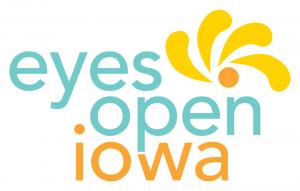Virtual Professional Development is a simulated classroom where teachers can practice teaching student avatars using short scenarios and support from an instructional coach, so they can quickly learn and master the skills they most need to be effective. With upper elementary, middle and high school classrooms, Virtual PD has scenarios for teachers of all grade levels across a wide range of topics aligned with the Professional Learning Standards for Sex Education (PLSSE). You can watch the video here (link is external) to learn more about Virtual PD.
Using the Virtual Professional Development classroom simulator, the educator will practice Building Rapport With Students When Teaching Sex Education with the student avatars. In this scenario, the educator will teach a lesson on relationships as they try and build a rapport with a relatively new class. After engaging students in a self-reflection activity with prepared questions, they ask students to turn & talk with a partner to share their responses. They then facilitate a share out among the whole class. In this simulation with five students, the participant will need to demonstrate the ability to build rapport with students and intervene in homophobic and other bullying comments and actions when they arise.




